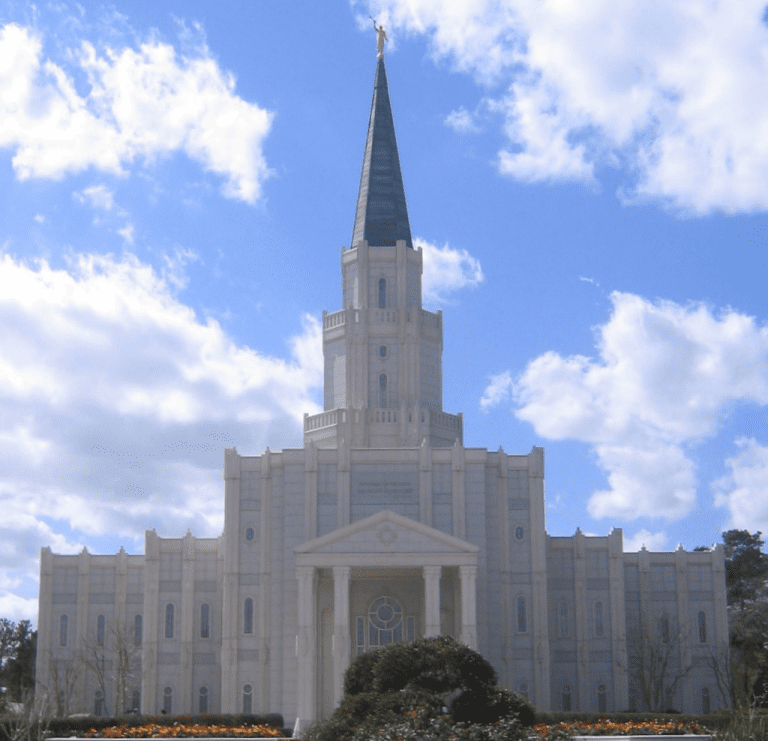
(Wikimedia Commons public domain image)
I want to remind you of Steve Densley’s rapidly approaching fireside in the greater Houston area. (See here for details of time and place and topic.) In one exceptionally weird corner of the internet, of course, the reviews of his remarks are already pouring in, days before those remarks will be delivered. I can’t help but think of Proverbs 18:13. And to think that some people actually deny the existence of prophecy!

I now offer you a larger-than-usual tranche of abominations from the Christopher Hitchens Memorial “How Religion Poisons Everything” File™. Will these horrors never cease?
Shimon Waldfogel, “Religion and Spirituality in The Primary Care Setting: Toward the 21st century” (Department of Psychiatry and Human Behavior, Behavioral Medicine Consultant Department of Family Medicine, Jefferson Medical College)
Religion and medicine have a common tradition of alleviating suffering, yet, throughout much of the twentieth century the religious/spiritual dimension of the person has rarely been addressed in the medical literature and more rarely incorporated in clinical training. Thus, an important therapeutic tool that can enhance the patient’s coping with illness and improve their well-being has not been part of the clinician’s medical treatment repertoire. Recently, there is a growing recognition that the biopsychosocial model of health could be expanded to include the spiritual dimension. The primary care setting is the logical locus for this expanded paradigm to sprout as we enter the twenty-first century. . . .
It is assumed that religion has a unique influence on individuals during times of personal crisis and suffering. It therefore seems likely to have an impact on the person’s health and response to disease. This association has been demonstrated in numerous studies that have been reported in the medical, nursing, medical sociology and epidemiology literature. The inclusion of religious and spiritual problems in DSM 4 further supports the importance of addressing this aspect of the person in the clinical setting.
Corina R. Ronneberg, MS, Edward Alan Miller, PhD, MPA, Elizabeth Dugan, PhD, and Frank Porell, PhD, “The Protective Effects of Religiosity on Depression: A 2-Year Prospective Study” (Department of Gerontology, John E. McCormack Graduate School of Policy & Global Studies, University of Massachusetts Boston.)
Purpose of the Study: Approximately 20% of older adults are diagnosed with depression in the United States. Extant research suggests that engagement in religious activity, or religiosity, may serve as a protective factor against depression. This prospective study examines whether religiosity protects against depression and/or aids in recovery.
Design and Methods: Study data are drawn from the 2006 and 2008 waves of the Health and Retirement Study. The sample consists of 1,992 depressed and 5,740 nondepressed older adults (mean age = 68.12 years), at baseline (2006), for an overall sample size of 7,732. Logistic regressions analyzed the relationship between organizational (service attendance), nonorganizational (private prayer), and intrinsic measures of religiosity and depression onset (in the baseline nondepressed group) and depression recovery (in the baseline depressed group) at follow-up (2008), controlling for other baseline factors.
Results: Religiosity was found to both protect against and help individuals recover from depression. Individuals not depressed at baseline remained nondepressed 2 years later if they frequently attended religious services, whereas those depressed at baseline were less likely to be depressed at follow-up if they more frequently engaged in private prayer.
Implications: Findings suggest that both organizational and nonorganizational forms of religiosity affect depression outcomes in different circumstances (i.e., onset and recovery, respectively). Important strategies to prevent and relieve depression among older adults may include improving access and transportation to places of worship among those interested in attending services and facilitating discussions about religious activities and beliefs with clinicians.
M. Bonelli (Sigmund Freud University and Institute of Religiosity in Psychiatry and Psychotherapy, Vienna, Austria) and Harold G. Koenig (Duke University Medical Center, Durham, North Carolina; King Abdulaziz University (KAU), Jeddah, Saudi Arabia, “Mental Disorders, Religion and Spirituality 1990 to 2010: A Systematic Evidence-Based Review”
Abstract: Religion/spirituality has been increasingly examined in medical research during the past two decades. Despite the increasing number of published studies, a systematic evidence-based review of the available data in the field of psychiatry has not been done during the last 20 years. The literature was searched using PubMed (1990–2010). Weexamined original research on religion, religiosity, spirituality, and related terms published in the top 25% of psychiatry and neurology journals according to the ISI journals citation index 2010. Most studies focused on religion or religiosity and only 7 % involved interventions. Among the 43 publications that met these criteria, thirty-one (72.1 %) found a relationship between level of religious/spiritual involvement and less mental disorder (positive), eight (18.6 %) found mixed results (positive and negative), and two (4.7 % reported more mental disorder (negative). All studies on dementia, suicide, and stress-related disorders found a positive association, as well as 79 and 67 % of the papers ondepression and substance abuse, respectively. In contrast, findings from the few studies in schizophrenia were mixed, and in bipolar disorder, indicated no association or a negative one. There is good evidence that religious involvement is correlated with better mental health in the areas of depression, substance abuse, and suicide; some evidence in stress-related disorders and dementia; insufficient evidence in bipolar disorder and schizophrenia, and no data in many other mental disorders
Alexander Moreira-Almeida, Francisco Lotufo Neto, and Harold G Koenig, “Religiousness and mental health: a review,” Revista Brasileira de Psiquiatria 28: 242-250, 2006.
OBJECTIVE: The relationship between religiosity and mental health has been a perennial source of controversy. This paper reviews the scientific evidence available for the relationship between religion and mental health. METHOD: The authors present the main studies and conclusions of a larger systematic review of 850 studies on the religion-mental health relationship published during the 20th Century identified through several databases. The present paper also includes an update on the papers published since 2000, including researches performed in Brazil and a brief historical and methodological background. DISCUSSION: The majority of well-conducted studies found that higher levels of religious involvement are positively associated with indicators of psychological well-being (life satisfaction, happiness, positive affect, and higher morale) and with less depression, suicidal thoughts and behavior, drug/alcohol use/abuse. Usually the positive impact of religious involvement on mental health is more robust among people under stressful circumstances (the elderly, and those with disability and medical illness). Theoretical pathways of the religiousness-mental health connection and clinical implications of these findings are also discussed. CONCLUSIONS: There is evidence that religious involvement is usually associated with better mental health. We need to improve our understanding of the mediating factors of this association and its use in clinical practice.
Posted from London, England













